To enhance exchanges between students of our university and Moscow State University, increase interest in learning Russian, and deepen understanding of Russian culture, our university has organized several winter and summer camp activities. A total of 73 students from the Economics Department actively participated, joining Russian students from Moscow State University for interactive sessions.
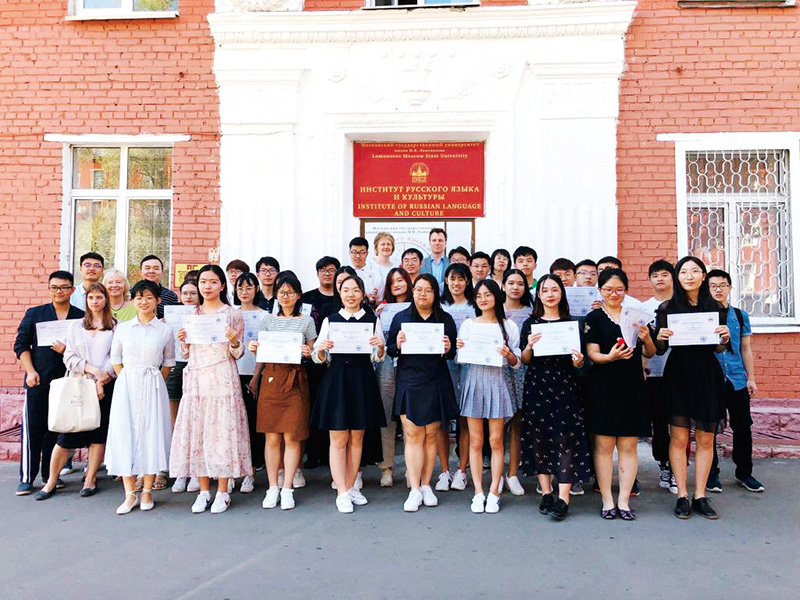
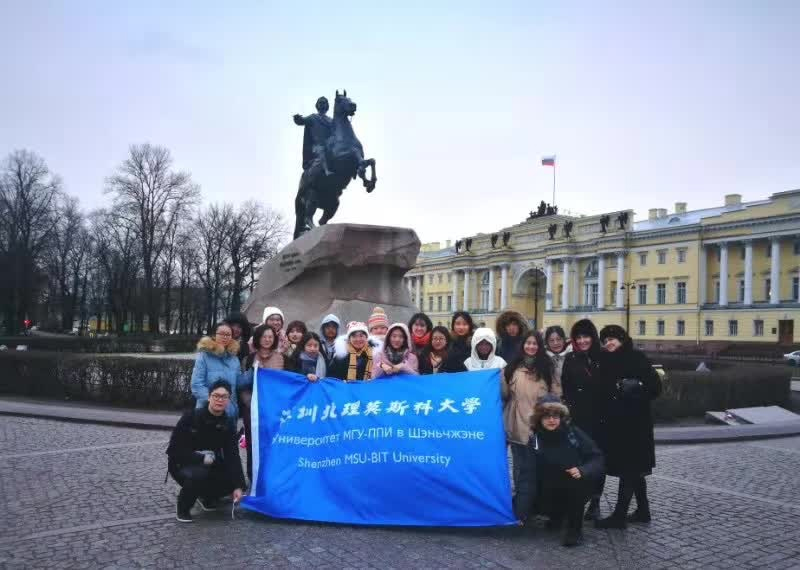
The winter and summer camps included activities such as city tours, themed visits, special lectures, and Russian song appreciation. Under the guidance of leading teachers and tour guides, students visited cities like Moscow, Yaroslavl, and St. Petersburg. They began their journey in Moscow, strolling along the Moscow River and lush summer forests, gaining an intuitive understanding of the Russian political center. At the Moscow University Art Gallery, students immersed themselves in unique Russian cultural art, marveling at the skills of Russian artists and the rich history and cultural achievements of Russia. They then traveled to Yaroslavl, an industrial hub and the largest and most vibrant city on the "Golden Ring" of Moscow. In St. Petersburg, with its 300-year history, students were captivated by the beauty of the Winter Palace and Summer Gardens, the grandeur of the Peter and Paul Fortress and the Neva River, and the magnificence of the Hermitage Museum.
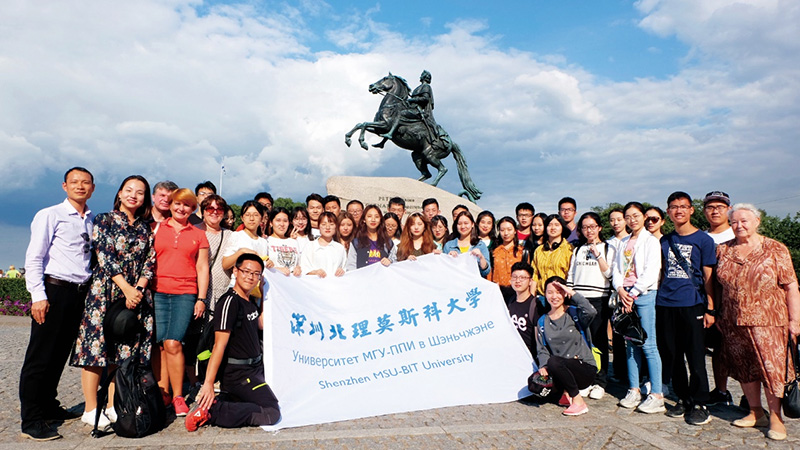
While exploring historical landmarks rich in legend and national characteristics, students actively participated in discussions on topics such as "Russian Festivals and Customs, Russian Cuisine," "Tretyakov Gallery, Russian Painters and Their Works," "Russian Literature: Tolstoy, His Works and Characters," "Russian History: Major Events," and "Russian Souvenirs and Gifts." They shared insights and gained a deeper understanding of Russian history, literature, and customs.
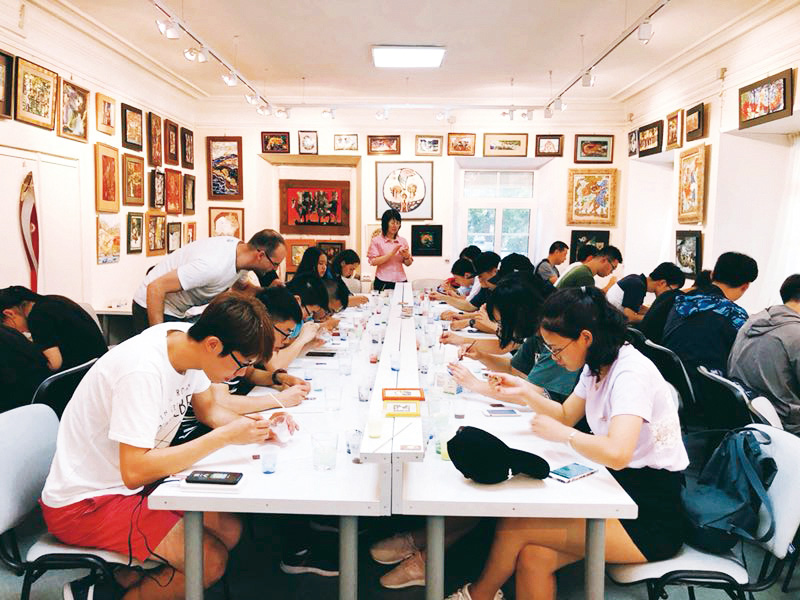
Russian music and songs, often short and simple, include popular pieces like "Moscow Nights," which blends the pure beauty of Russian nature with the heartfelt emotions of youth, sweet love, and harmonious melodies; "Katyusha," a song from before World War II expressing a girl's longing for her lover at the border; and "Troika," which conveys the loneliness and sorrow of a coachman’s life. These exotic and beautiful melodies, with their sincere, romantic, and untainted heavenly sounds, deeply move and enchant, leaving an indelible mark on everyone’s hearts.
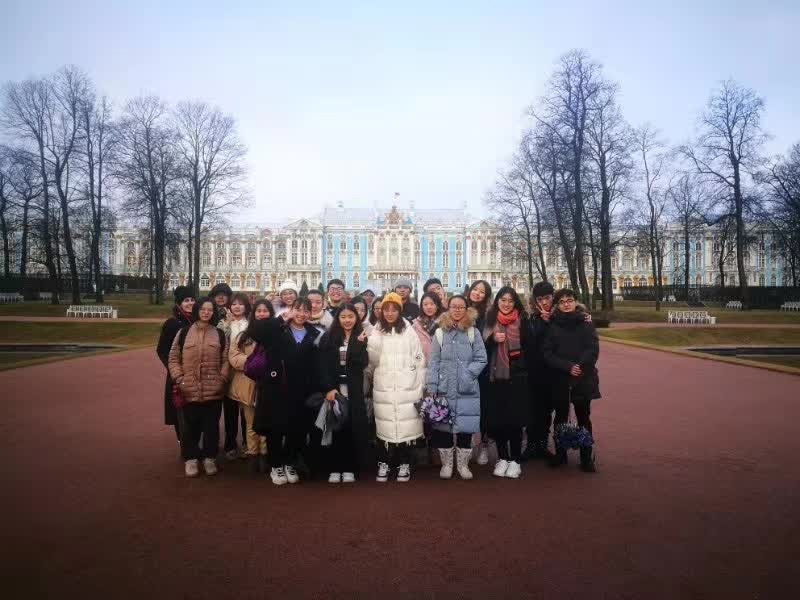
The successful completion of these winter and summer camp activities not only showcased the vitality of our Economics students but also provided them with further insight into Moscow State University and Russian cultural history. Additionally, it strengthened the understanding and exchange between Russian students of Moscow State University and our faculty and students.




